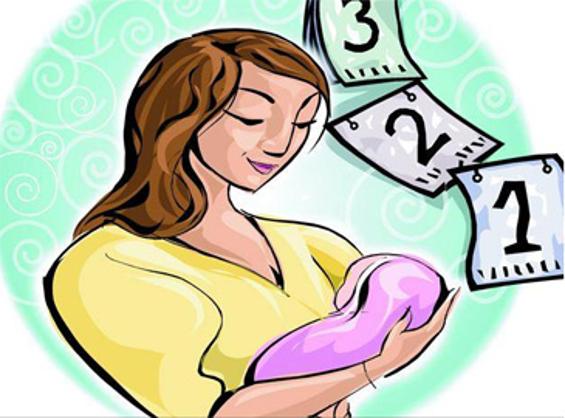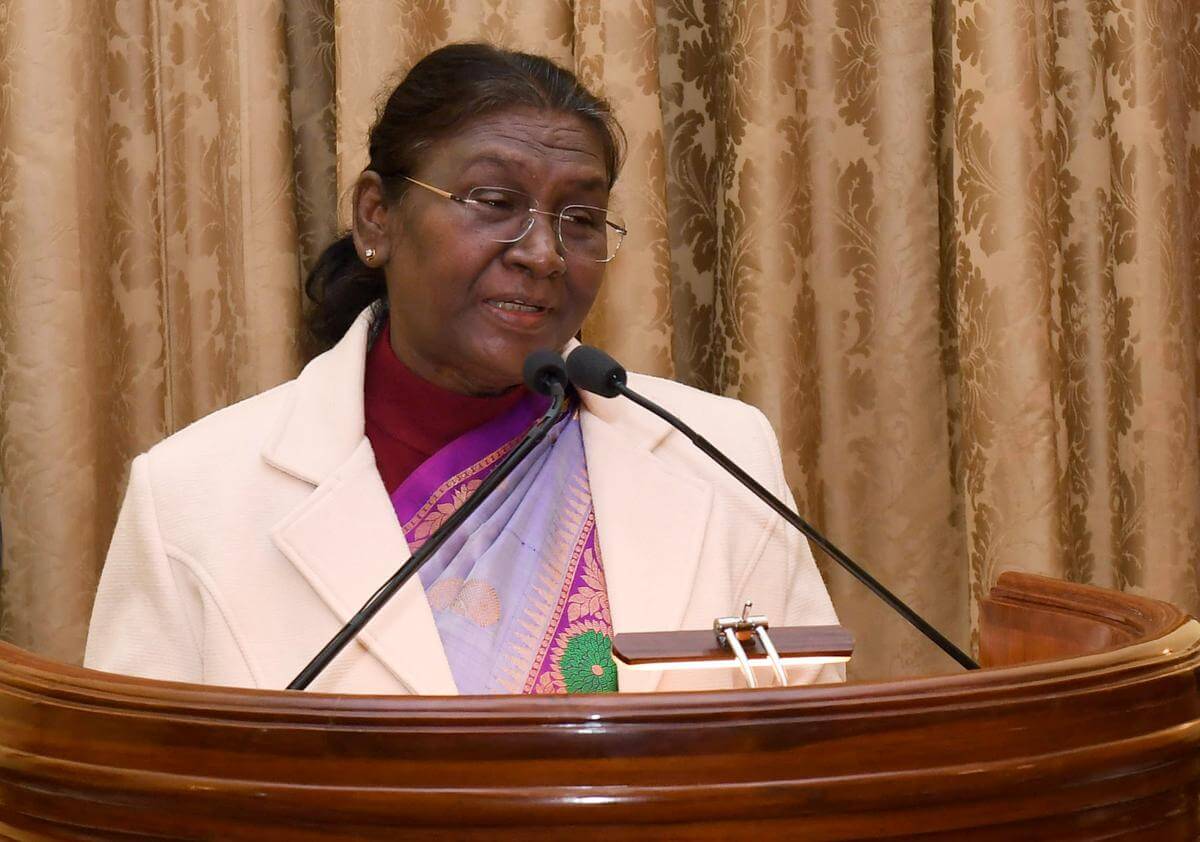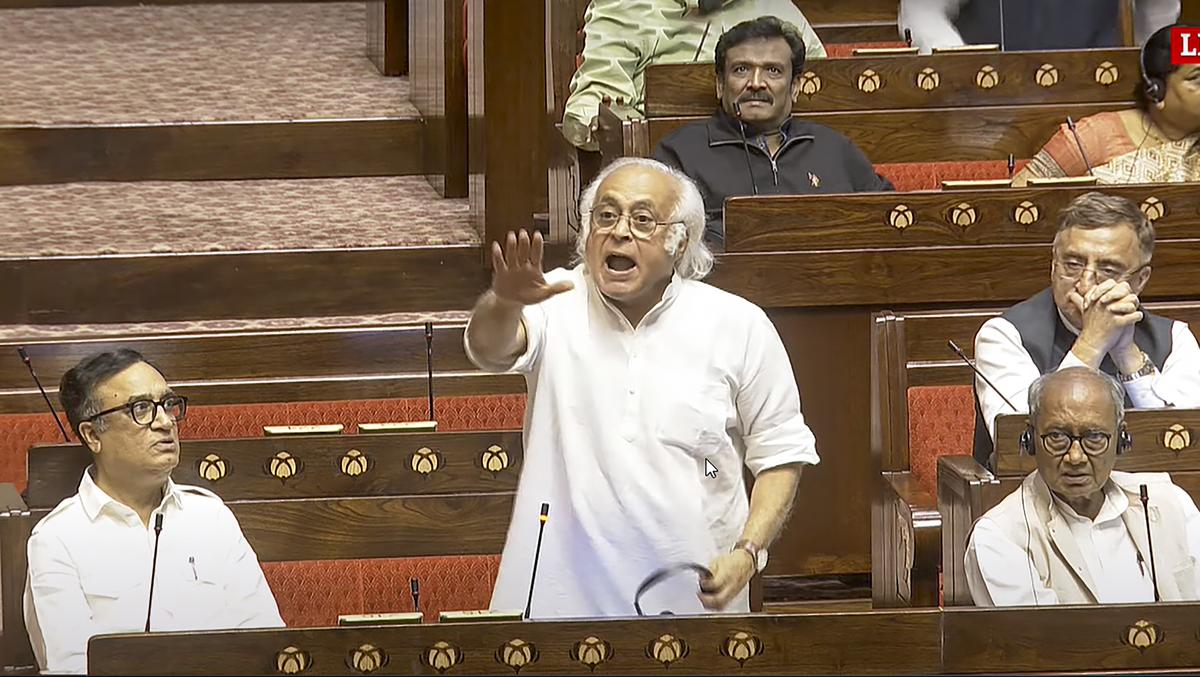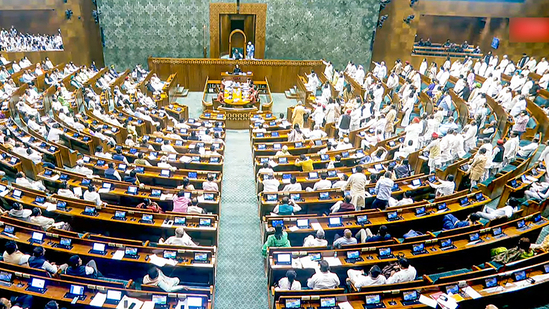Lok Sabha passes bill to extend maternity leave period from 12 weeks to 26 weeks
Fri 10 Mar 2017, 08:31:24

The Lok Sabha on March 9 passed a bill to increase maternity leave to 26 weeks from 12 weeks at present. The Maternity Benefit (Amendment) Bill, 2016, also provides for leave up to 12 weeks for a woman who adopts a child below the age of three months, and for commissioning mothers.
The period of maternity leave will be calculated from the date the child is handed over to the adoptive or commissioning mother.
Passed by the Rajya Sabha on August 11, 2016, the bill – 0nce it becomes law – will be applicable to all establishments employing 10 or more persons.
In surrogacy, the surrogate mother carries a child for another person after an agreement made before conception of the child. The person wishing to adopt and foster the child is called the commissioning person/couple. The bill paves the way for the ratification of International Labour Organisation convention number 183 that provides for 14 weeks of maternity leave benefit to women. It also facilitates ‘work from home’ for nursing mothers once the leave period ends and has made creche facility mandatory in respect of establishments with 50 or more employees.Employers will have to allow women staff to go to the creche four times, which will also include her rest period.
Employers will have to allow women staff to go to the creche four times, which will also include
her rest period. The bill requires an establishment to inform a woman of all benefits made available under the law, at the time of her appointment. Such information must be given in writing and electronically.
her rest period. The bill requires an establishment to inform a woman of all benefits made available under the law, at the time of her appointment. Such information must be given in writing and electronically.
“The well-being of women during pregnancy has been a matter of serious concern,” Union Labour Minister Bandaru Dattatreya said while tabling the Bill in the lower house.
Participating in the debate, Congress MP Sushmita Dev said along with maternity leave, the government should also make provisions for paternity leave.
“This may be a deterrent for the private sector in providing employment to women. There can be two ways of handling this — The government provide funds to organisations or by making paternity leave mandatory,” Dev said.
“If both (men and women) are entitled to leaves, the presumption will be that a man will also avail of it and it won’t be disadvantageous for women,” she said.
The Congress member questioned why the period of maternity leave was lesser after the birth of two children.
“Why should you deprive the third or fourth child of (mother’s care) unless it is a family planning policy in disguise,” Dev said.
The Bill will become law after President Pranab Mukherjee’s assent.
No Comments For This Post, Be first to write a Comment.
Most viewed from National
Most viewed from World
AIMIM News
Latest Urdu News
Most Viewed
May 26, 2020
Do you think Canada-India relations will improve under New PM Mark Carney?
Latest Videos View All
Like Us
Home
About Us
Advertise With Us
All Polls
Epaper Archives
Privacy Policy
Contact Us
Download Etemaad App
© 2025 Etemaad Daily News, All Rights Reserved.


.jpg)
.jpg)
.jpg)

.jpg)






.jpg)
.jpg)
.jpg)
.jpg)
.jpg)
.jpg)
.jpg)
.jpg)
.jpg)
.jpg)
.jpg)
.jpg)

















